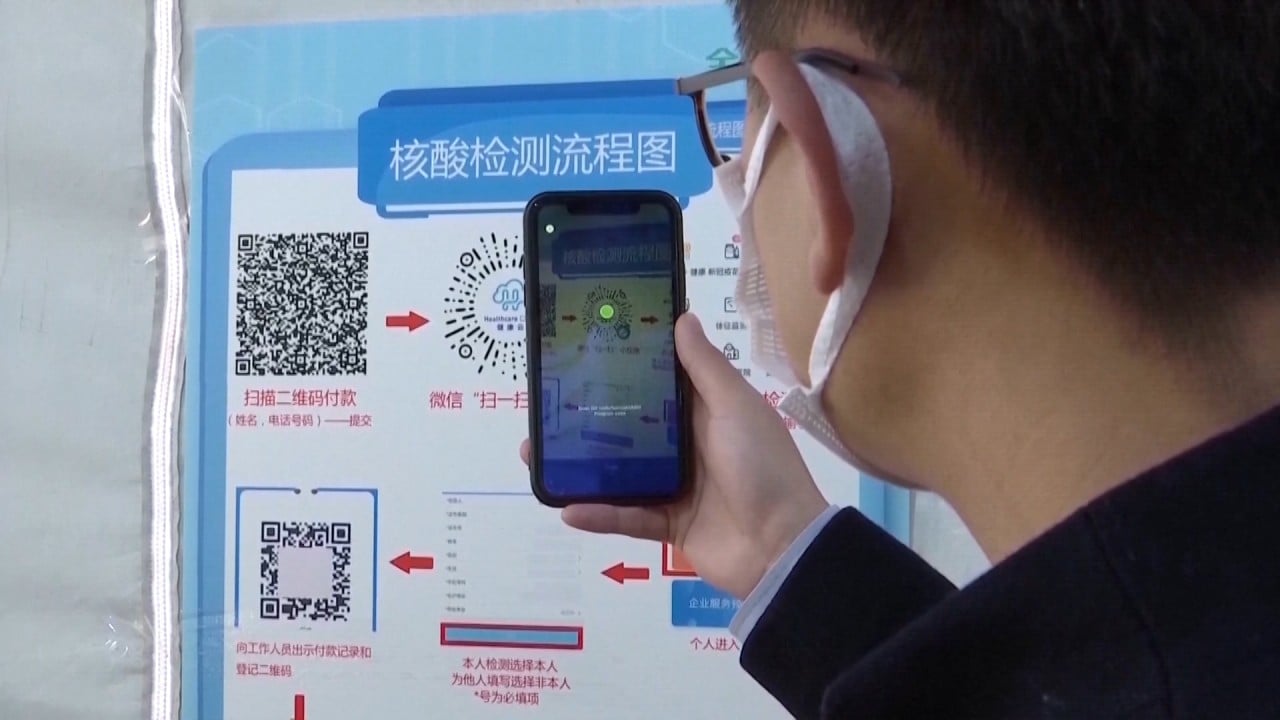
US-China tech rivalry is playing out in the Middle East and 5G is at the core of region’s balancing act
- Alarm over the China-Iran strategic deal is distracting from ‘digitisation with Chinese characteristics’ taking place in the Middle East
- Beijing is increasing its strategic presence in the region not only to preserve its energy security, but also to assert its rise in the digital realm
The reality is murkier, as few details of the pact have been made known. In any case, such deals are par for the course in ties between China and Middle Eastern countries. More importantly, excessive focus on the agreement means missing a much more important development: the “digitisation with Chinese characteristics” that is taking place in the region.
Beijing is increasing its strategic presence in the region not only to preserve its energy security, but also to assert its rise in the digital realm. While Iran does not have many options outside the Chinese digital ecosystem, the rest of the region, particularly the Gulf Cooperation Council countries, is trying to thread the eye of the needle by balancing the use of Chinese tech against American efforts to block the use of such systems.
The issue is central to efforts by Gulf countries to transform their economies and wean them off hydrocarbon exports – moving towards a digital economy is a key plank of this drive.
5G and the ability to transfer data at high speed is at the core of the balancing act – choosing between Chinese ICT giants such as Huawei Technologies Co and ZTE, and Western rivals such as Ericsson, Nokia, or Cisco.
But the issue is much wider, as Beijing’s Digital Silk Road programme aims to place China at the core of the fourth industrial revolution, which encompasses digital security, e-services, and smart cities integration, and includes everything from underwater fibre-optic cables to the Beidou satellite navigation system.
In the digital security realm, China’s HikVision is at the forefront of CCTV and visual facial-recognition systems that enable large-scale monitoring of the population, a feature that has been welcomed by the Gulf monarchies. In e-services, China has a maturing sector that has feelers in the UAE’s Smart Dubai drive, as well as the mega-project to build the US$500 billion futuristic city of Neom in Saudi Arabia.
To complicate matters, an adjustment in the relationship between the public and private high-tech sectors in China is occurring, according to Diego Todaro, a researcher on AI and Chinese local government policies from Italy.

The growing importance of the high-tech private sector as an enabler of Chinese public action is pushing Beijing into the unusual position of having to depend on hardware, data, and analytics held by increasingly influential firms.
China is always perceived as a monolithic bloc, but the evolving relationship between central and local governments and the high-tech private sector further clouds understanding of the impact of “digitisation with Chinese characteristics” in foreign lands, adding to suspicion in the West.
But it is in the smart cities sector that the rubber meets the road when it comes to a possible future collision of interests. Smart cities will require the integration of Chinese sensors, big data analytical software, and narrow AIs – those tasked with completing specific tasks – and this has broader national security implications.
The borders between national security and civilian infrastructure are progressively blurring due to technologies’ dual use implications and the strategic role that access to Big Data is playing in the AI race. China’s own ambition to become a “cyber great power”, and what that actually means when it comes to data access, has already raised concerns.

In the Middle East, juggling between China’s technological and financial offerings and the security requirements of shelter under the US defence umbrella is becoming increasingly complex. If the Biden administration is going to force a decision on its allies to avoid any level of integration with the Chinese technology ecosystem, the worst would come to pass: the dreaded big tech decoupling.
Towards the end of his term as US Secretary of State, Mike Pompeo tried to corral America’s Middle Eastern allies into the Clean Network Initiative, which demanded that they purge themselves of all Chinese technology. While Israel was more responsive due to its deep security cooperation with the US, other countries in the Middle East are still evaluating their options as they try to figure out which way the winds are blowing. In the case of Saudi Arabia, for example, the Biden administration’s recent cold shoulder to Crown Prince Mohammed bin Salman is edging it closer towards Beijing’s digital embrace.
As it pushes ahead with much-needed economic reforms, the Middle East is increasingly becoming an arena worth paying close attention to for signs that a “cyber curtain” dividing the digital world into two opposing sides is coming up, as well as how, or even whether it is possible, to navigate this state of affairs.
Countries big and small would do well to pay more attention to these relatively quiet developments than to focus on headline-grabbing announcements.
Dr Alessandro Arduino is the principal research fellow at the Middle East Institute (MEI), National University of Singapore. He is the co-director of the Security & Crisis Management International Centre at the Shanghai Academy of Social Science (SASS-Polito) and an external associate at Lau China Institute, King’s College London.


